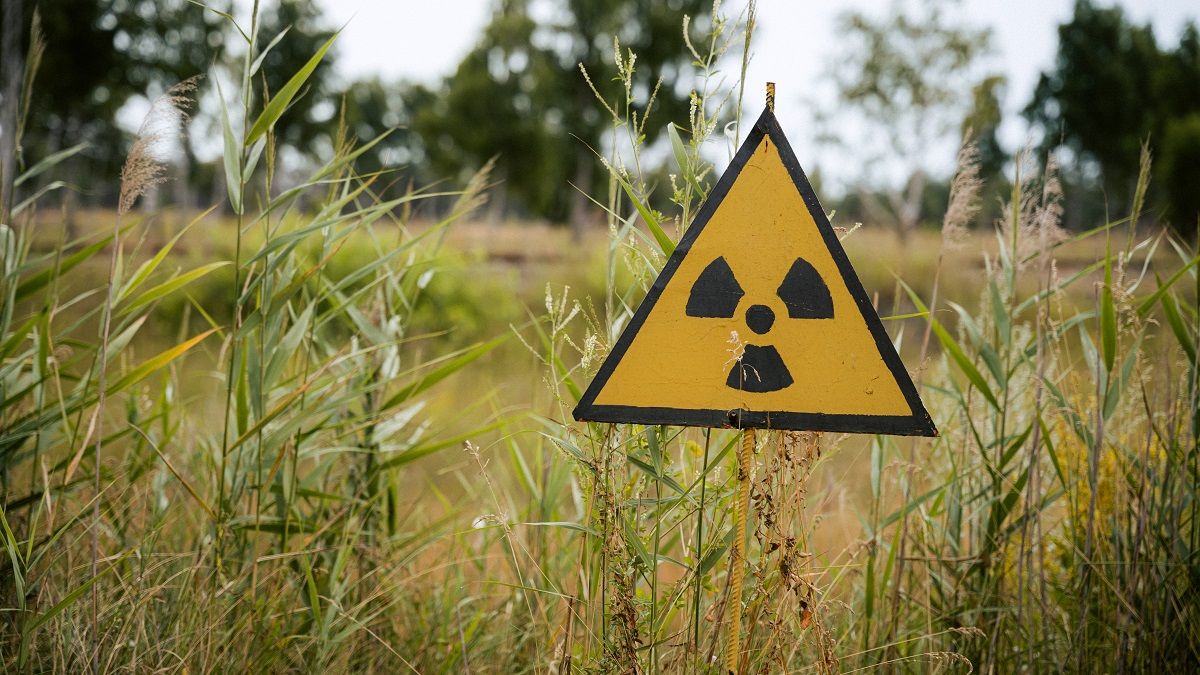Two lawsuits have this week been filed in Luxembourg against the European Union over its decision to include gas and nuclear in its guide to ESG investing.
One of the suits has been filed by Greenpeace; the other by a coalition including Client Earth and the World Wildlife Fund. In the former, the argument being made is that the EU acted unlawfully when it designated nuclear and gas as “bridge technologies”. The latter suit challenges the inclusion of gas on the argument that it breaks the bloc’s own legislation involving climate.
Nina Treu, the executive director of Greenpeace Germany, told The Guardian: “The taxonomy was meant to be a tool to meet the 1.5C target [on global heating] and make the European Union climate-neutral, fostering social and economic restructuring for the European economy by shifting funds. Instead of hindering greenwashing, it has become a tool for greenwashing.”
The inclusion of gas and nuclear under the new taxonomy has been controversial. Politico ran a story early this week quoting Thierry Philipponnat, chief economist at Finance Watch, as saying: “The only thing worse than greenwashing by private parties is greenwashing by public entities and by law.”
These fights have been brewing for at least a year – though initial reports were pointing to disagreement even before then. In February 2022, for example, the European Commission (EC) approved in principle a Complementary Climate Delegated Act, which lists specific nuclear and gas energy activities among those covered by the EU taxonomy.
Climate-neutral future
In a statement at the time, the EC said the criteria for the specific gas and nuclear activities were in line with EU climate and environmental objectives and would help accelerate the shift from solid or liquid fossil fuels, including coal, towards a climate-neutral future.
The EC also argued the act not only introduced additional economic activities into the energy sector under the EU Taxonomy, but also brought in specific disclosure requirements for businesses related to their activities in gas and nuclear power generation. Nevertheless, in June 2022, two parliamentary committees struck down attempts by the EC to include gas and nuclear in its list of sustainable energy sources.
As was widely reported, the Economic and Monetary Affairs Committee and the Environment, Public Health and Food Safety Committee rejected the proposal, with 76 Members of the European Parliament voting against and 62 voting in favour.







